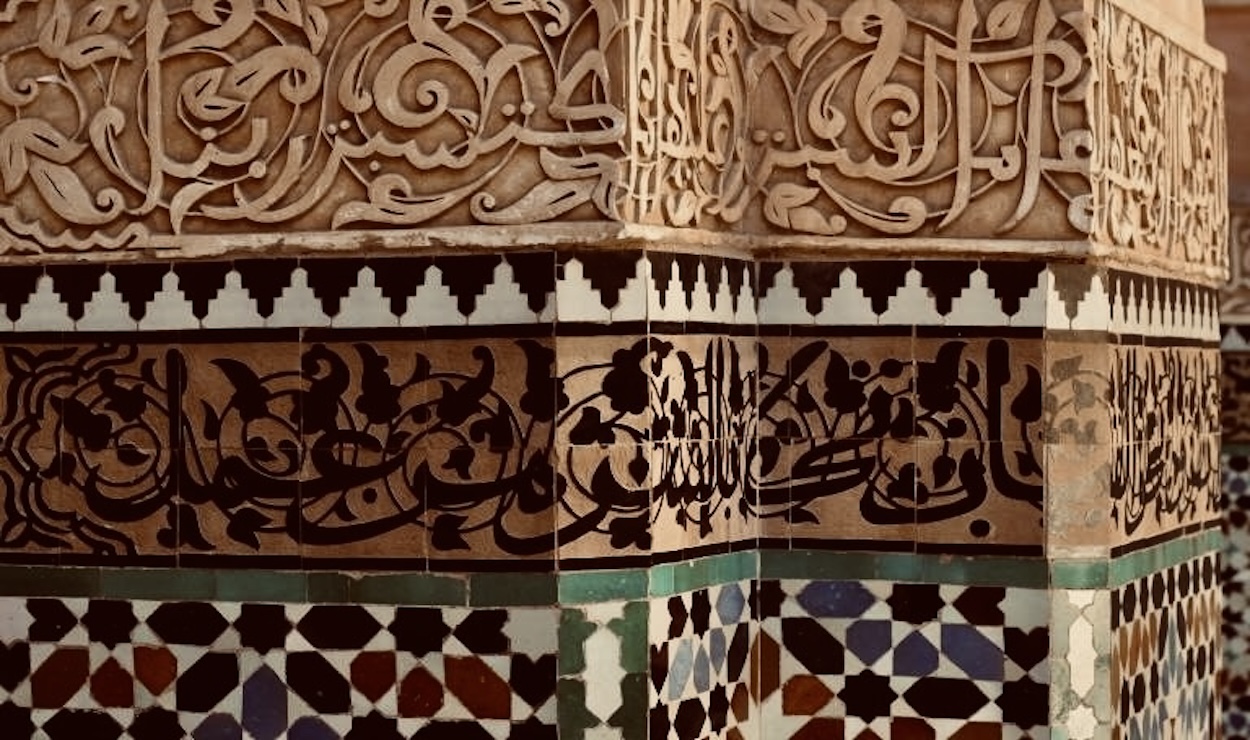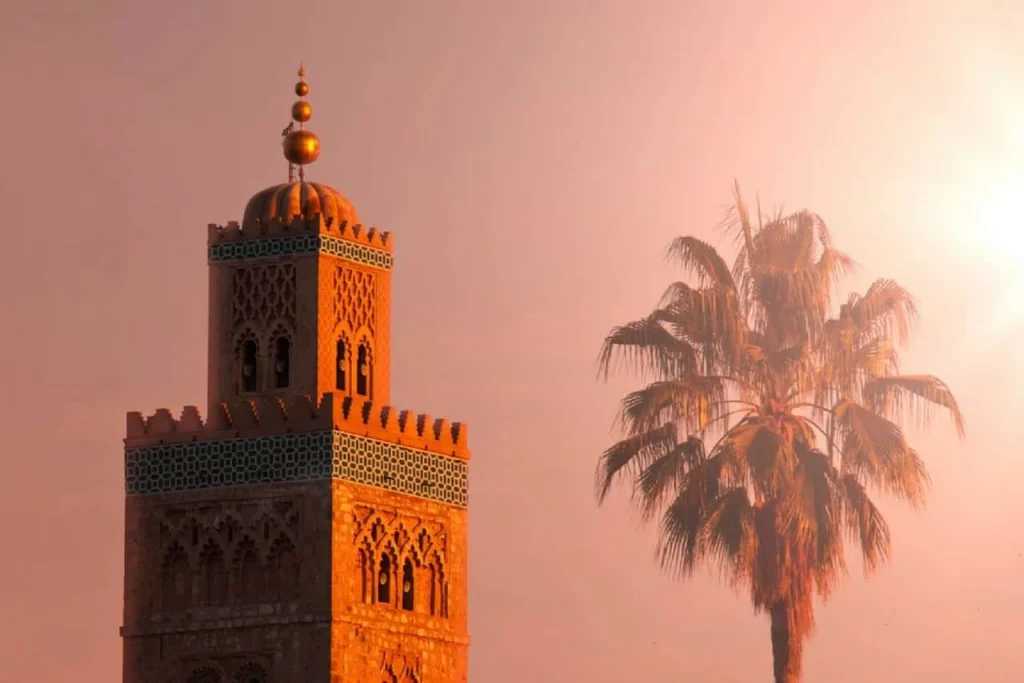This beautiful North African country is rich in culture and linguistic diversity. It has a strong culture of its own, full of different languages. Are you curious to know what the language in Morocco sounds like? You are in the right place.
You’re just one of those many who have an idea of just how many languages Moroccans can speak. It’s not only one, but several major ones.
This Moroccan language guide unfolds the primary languages. Know what you will learn about Moroccan Arabic, Berber, and French. Let’s find out what language Morocco speaks.
What language is spoken in Morocco?
First, let’s discuss Morocco’s official language. The country has two: Modern Standard Arabic and Standard Moroccan Berber. These are the official languages of Morocco used for government affairs, education, and official documents.
On the other hand, the languages used in daily life differ from the official ones. The language mostly spoken in Morocco has become synonymous with the Arabic dialect Darija or Moroccan Arabic. This will be said in the marketplace, at home, and on the street; it is the language of everyday use.
Also read: Staying in Berber village near Marrakech
The Heart of Moroccan Communication: Darija
People visiting Morocco for the first time want to know what language Moroccans speak. Moroccan Arabic, or Darija, is an amalgam. Based on Arabic, it has drawn vocabulary freely from other languages, particularly Berber, and to a lesser extent from French and Spanish.
Thus, its sound is considered quite different from Arabic as spoken in other parts of the Middle East. If you know Modern Standard Arabic, it might take some time for you to get your head around Darija.
Darija is the primary spoken language used in Morocco’s everyday life. Many people who speak Berber as their mother tongue also use Darija to communicate with other people in the country. It is the language of communication across all regions.
The Old Language of The Land: The Berber Languages
Amazigh is the name in Berber for the Berber language of Morocco. These are the indigenous peoples of North Africa. Their languages have a long history of a thousand years or so. Berber attained the official language designation in 2011, an important step toward gaining its legitimacy and survival.
There are several Berber languages. They mostly differ as dialects and are spoken in different regions of the country:
- Tashelhit: Spoken in the south, near the Anti-Atlas and Souss regions.
- Tamazight: Used by people in the Middle Atlas and High Atlas Mountains.
- Tarifit: Spoken in the Rif Mountains in the north.
Many Moroccans are bilingual, meaning they can speak two languages. It’s very common to find people who speak both a Berber dialect and Darija.
The Lingering Echo of French
Moroccan Arabic, or Darija, is a blend of Arabic with words borrowed from Berber, French, and Spanish. Based on Arabic, it has drawn vocabulary freely from other languages, particularly Berber, and to a lesser extent from French and Spanish. Thus, its sound is considered quite different from Arabic as spoken in other parts of the Middle East. If you know Modern Standard Arabic, it might take some time for you to get your head around Darija.
Darija is spoken mostly. It is the language of daily life. Many people who speak Berber as their mother tongue also use Darija to communicate with other people in the country. It is the language of communication across all regions.
There are several Berber languages. They mostly differ as dialects and are spoken in different regions of the country:
Key Takeaways
To begin with, the languages spoken by the people of Morocco are indeed a reflection of its rich, diverse history.
- Official Languages: Modern Standard Arabic and Berber.
- Predominantly Spoken Language: Moroccan Arabic, known as Darija, is the most common language for social interactions.
- Indigenous Language: The Berber languages are the land’s original languages, with different dialects distributed among various regions.
- Language of Business: French is a significant second language for business, education, and government activities.
- Other Languages: Spanish only enjoys some limited currency in the northern areas, whereas English is establishing itself in urban areas and tourist destinations.
For gaining insights into the culture of Morocco, an understanding of this language mixture is essential. The intermingling of languages amongst Moroccans, at times in a single sentence, is an expression of their historical anchoring and global openness. Such intermingling is a true reflection of a multilingual society.
Also read: What to wear in Marrakech: Dress code tips and outfit ideas for every season
Final Thoughts
When you are on Moroccan soil, you will find out for yourself. Notices are normally trilingual: Arabic, Berber, and French. People will converse with you in Darija, but they are probably capable of understanding and responding in either French or English. It is a country where language is a bridge, not a barrier, uniting different peoples.
This guide on what language they speak in Morocco has hopefully given you a clear picture. The next time you hear someone talking about the Moroccan language, you’ll know that it’s a mix of Arabic, Berber, and French, all living side-by-side.
FAQ
What are a few basic phrases in Moroccan Arabic (Darija) that are good for travelers to know?
You can ask locals with these phrases:
- Hello: Salam alaykum
- Thank you: Shukran
- Please: Afak
- Yes/No: Na’am/ La
- Goodbye: Bslama
Can I get by in Morocco with just French or English?
In larger cities and tourist locations, yes. Many people speak fluent French in these works, and English is growing rapidly, especially with young people and tourism. In more rural areas, it can be more challenging.
Why is French so widely spoken in Morocco if it’s not an official language?
French is in the fabric of Morocco’s history as a former French protectorate. It is still the main language of business, higher education, and government administration, and therefore very important as a second language for many Moroccans.
Is Moroccan Arabic the same as other Arabic?
No, it is not. Moroccan Arabic, also referred to as Darija, is a dialect that is very much not like Modern Standard Arabic, which is the formal Arabic language, and any of the other dialects we may commonly refer to as Arabic. Darija has unique words and grammar that do not exist in other forms of Arabic.
How are the Berber languages different from Moroccan Arabic?
Berber languages belong to a language family that is entirely different from Arabic. They are the indigenous languages of Morocco and have their own, unique sounds, grammar, and writing systems. While Moroccan Arabic may have some Berber vocabulary, they are not mutually intelligible.








